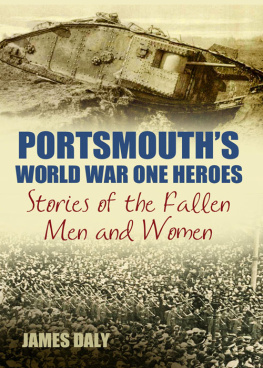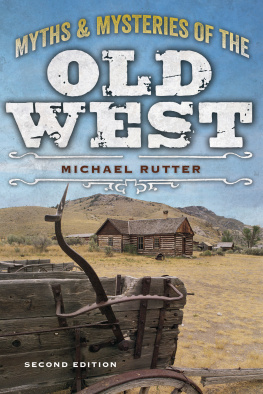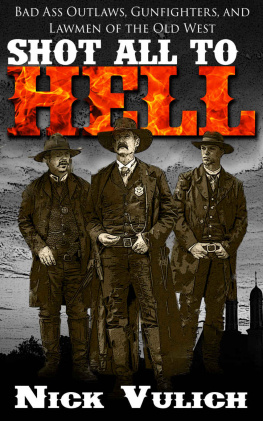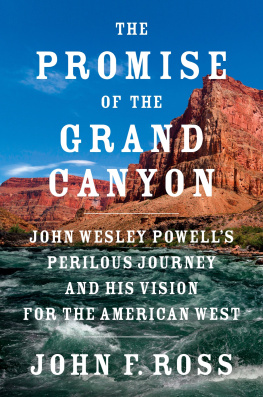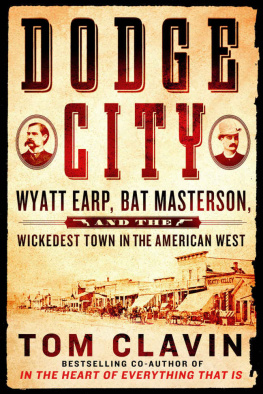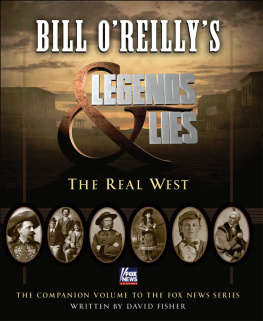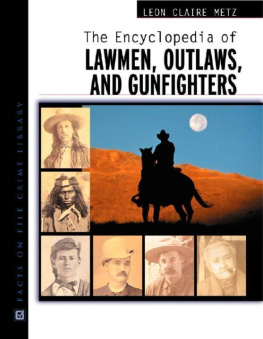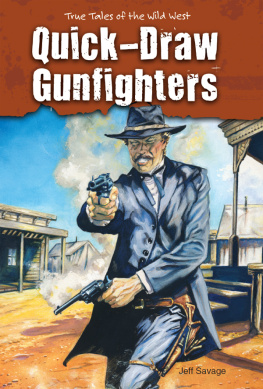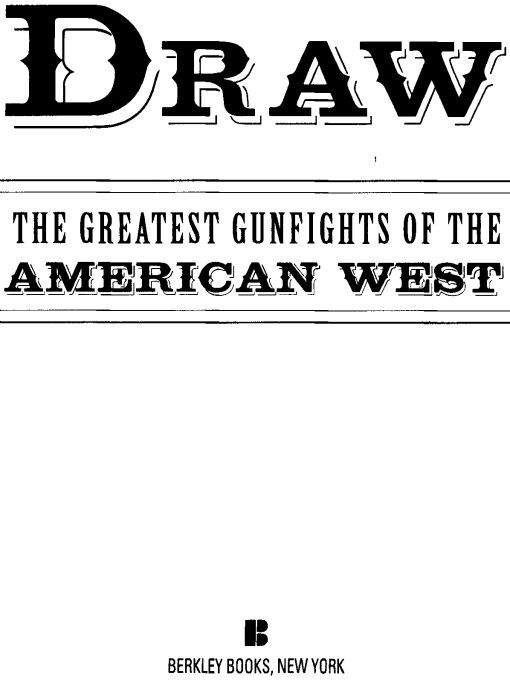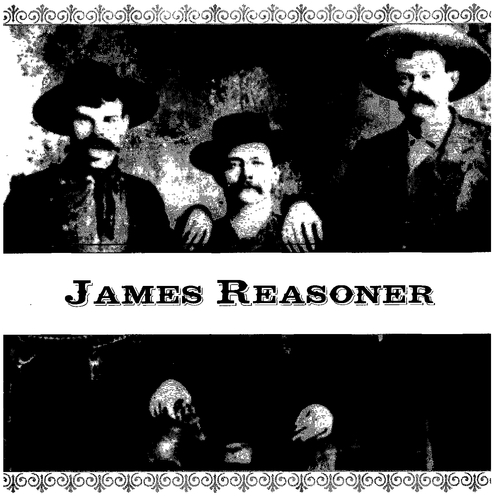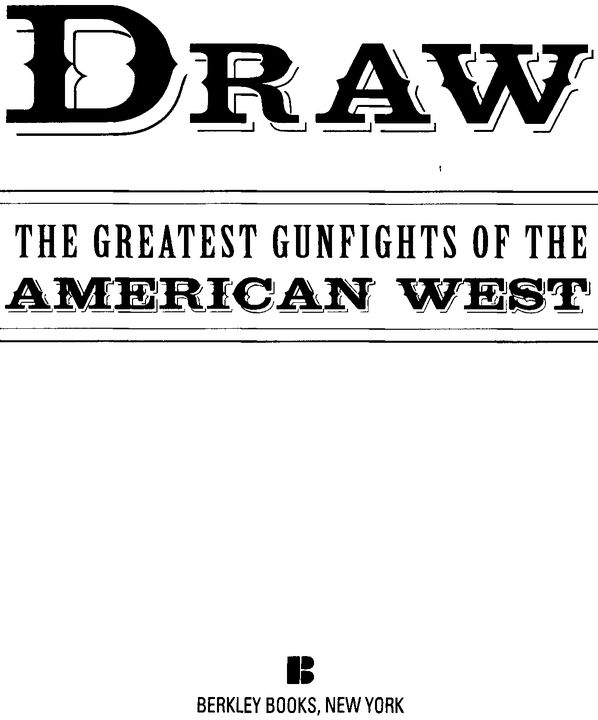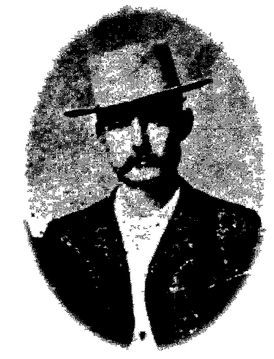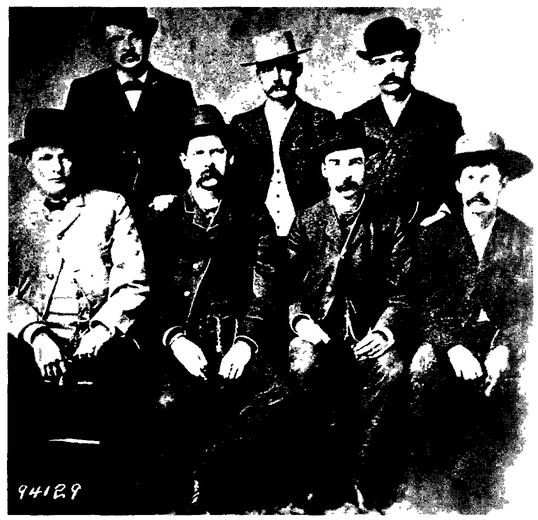Table of Contents
Praise for James Reasoner
Epic, well-researched historical fiction.Booklist
Reasoner spins a lively, suspenseful yarn.Publishers Weekly
A detailed work of historical fiction by a gifted writer.
The BookWatch
Climbs into the hearts and minds of the people who lived it and portrays vividly the volatile political situation as state after state seceded from the Union.... The reader can almost feel the heat of battle.Victoria (TX) Advocate
A tremendous Southern war story without the moonlight, magnolias, and plantations; a down-to-earth story of the common people. Dont miss it!Valdosta (GA) Daily News
A ripping good read.The Civil WarNews
For Livia, Shayna, and Joanna
INTRODUCTION
For more than two decades, Ive been spinning yarns about the American West. Though many of these books and stories have what I hope is a solid historical background, in the final analysis, all of them are fiction. The stories in this volume, however, are true, as historically accurate as I could make them and flavored with what I think is reasonable speculation about the thoughts and emotions of the people involved in them. Because the people are at the heart of any story, historical or fiction.
I hope Ive done right by the extraordinary people in these stories. That was my aim.
Thanks to Kimberly Lionetti, a fine editor who has been involved with this project from the beginning. And special thanks to fellow author L. J. Washburn, who did the lions share of the research and truly made everything come together ... and who, in real life, happens to be my beautiful wife Livia. Appreciation is also due to the many fine writers and historians who have come before me and done such a wonderful job of chronicling the history of the Old West. This book would not exist except for the trails they blazed.
More than anything else, Ive always considered myself a storyteller. I hope you, the reader, enjoy these yarns. I think theyre gooduns.
James Reasoner
PART ONE
MAN TO MAN
Go get your gun. Well fight it out.
Warren Earp
LUKE SHORTS WHITE ELEPHANT SHOOT-OUT
On the evening of February 7, 1887, Luke Short paused just inside the doorway of the White Elephant Saloon, an establishment he owned in partnership with several other men. The White Elephant was one of the finest saloons, restaurants, and gambling halls in Fort Worth, Texas. Located at 310 West Main Street, it had a listing in the city directory that boasted of its menu featuring fresh fish, oysters, and wild game. The saloon area offered only the best wines, liquors, and cigars. It was dominated by a forty-foot-long mahogany bar, an ornate back-bar with an arched mirror, and cut-glass chandeliers that spread a warm yellow glow over the opulent scene. In the rear of the room was a wide, carpeted staircase that led up to Luke Shorts pride and joy: the second-floor gaming rooms that he ruled like a veritable king. In fact, since his arrival in Fort Worth a little over three years earlier in 1883, he had become known as the king of the gamblers. Chuck-a-luck Johnny Gallagher had told him up in Dodge City that he ought to try his luck in Fort Worth, and the move had worked out well for Short.
The prospect of giving all this up was enough to make a man pause and think it over. Short had made up his mind, though, and he was not going back on the decision now. He walked on into the White Elephant. He was small in stature, a nattily dressed man with a neatly trimmed mustache. He raised a hand in greeting to Jake Johnson, one of his partners in the enterprise. Short had made up his mind to sell his interest in the place to Johnson.
Short and Johnson moved to the stairs. Shorts gaze flicked around the room. Though he had checked the saloons occupants when he first entered, the sort of habit that kept a man alive on the frontier, he examined them again just to be sure no enemies were lurking nearby.
There was no sign of the man Short was looking for, former Marshal Timothy Courtright.
The two gamblers went upstairs and stepped into a small office to conclude their deal. Short took the bill of sale, rested it on the desk, plucked a pen from its holder, signed his name, and then dated the document: February 7, 1887.
The transaction was finished.
LUKE Short was born in either Mississippi or Arkansasthe record is unclear on thatin 1854, one of seven children born to J. W. and Hettie Short. The family moved to Texas in 1856, when Luke was a toddler two years of age, and settled on Elm Creek in Grayson County, seventy miles northeast of Fort Worth. Luke had not left the state again until he was a young man working as a cowboy on the cattle drives across Indian Territory to the railhead in Kansas. Cowboying had not suited him, so after a while, he stayed in Kansas and tried his luck at gambling.
For the first time in his life, Luke Short had found what he was meant to do.
Luke Short ... This dapper gambler and gunman was widely known and respected on the frontier ... and feared by those who crossed him.
(Courtesy of National Archives and Records Administration)
The so-called Dodge City Peace Commission. Standing, left to right: W. H. Harris, Luke Short, Bat Masterson. Seated, left to right: Charley Bassett, Wyatt Earp, Frank McLain, Neal Brown. In June of 1881 this illustrious group, most of them former lawmen, gathered in Dodge City because of friction between Luke Short and the citys mayor. What could have been a violent confrontation never came about, probably because no one wanted to face this bunch of famous gunmen.
(Courtesy of National Archives and Records Administration)
Gamblers were a restless bunch, drifting around the frontier towns, their only true friends the men who followed the same siren song. Short made friends: Wyatt Earp and Doc Holliday, who were usually together but not always, and the former buffalo hunter and scout Bat Masterson. The Dodge City Gang, the four of them were called when they were dealing in Tombstone, Arizona Territory, because they had come there from Dodge. Shorts stay in Tombstone was marred by a run-in with a man named Charlie Storms, whod gotten liquored up and come looking for Short, intending to gun him down for some slight offense. That had worked out badly for Charlie, who was so drunk when he reached for his gun that he might as well have been moving in slow motion. Short emptied his Colt .45 into Charlies body before the man got off a shot.
Short moved back to Dodge not long after that and went to work dealing faro at the Long Branch Saloon. He was so successful that he bought an interest in the saloon, then found himself in the middle of a conflict with the owners of the rival Alamo Saloon. The owners of the Alamo aligned themselves with the so-called reform political movement, which was really out to reform things by shutting down competing businesses. Fearing the tense situation would deteriorate into violence, Short put out the word, and his friends answered. Not long after that, Wyatt, Bat, Doc, and several other gun-toting acquaintances rode into Dodge, and Short formed them into what he jokingly called the Dodge City Peace Commission.


